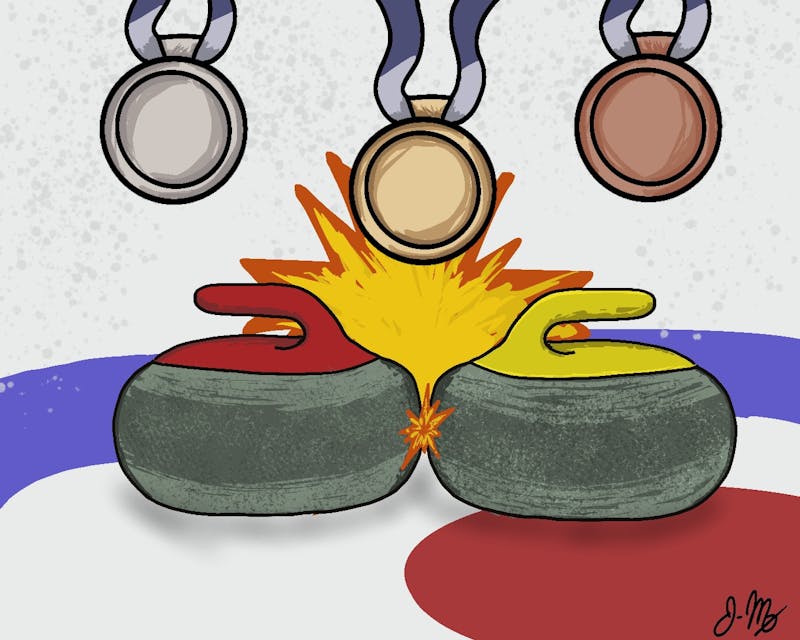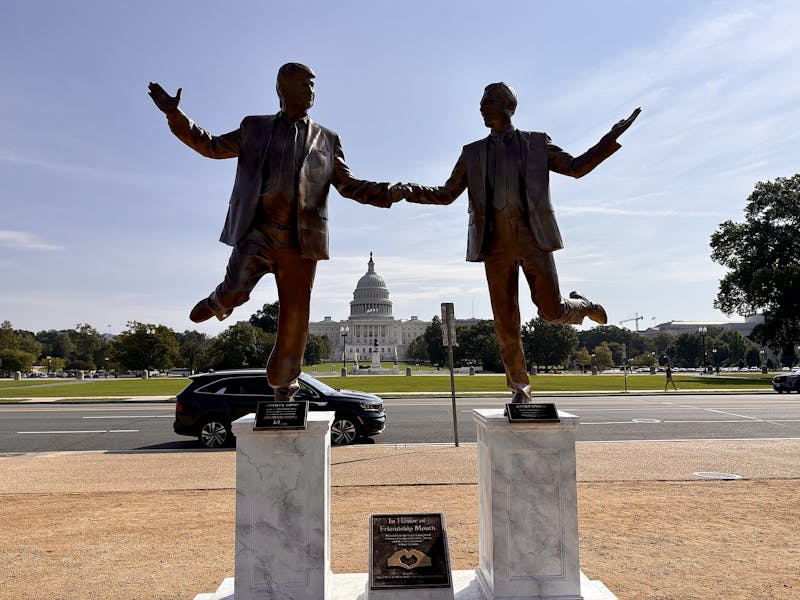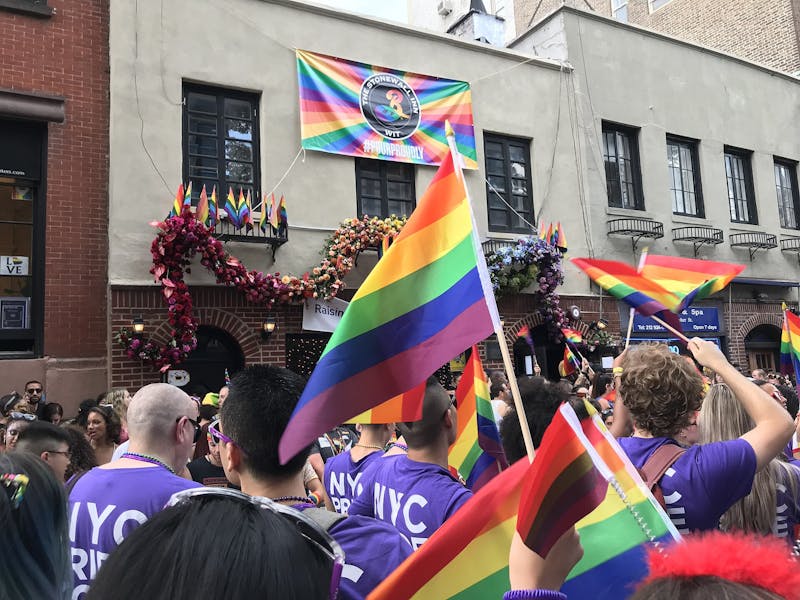Debates have been surfacing on the internet over the difference between cultural appropriation and cultural appreciation.
Whether it be a white influencer uploading a photo to Instagram with his or her skin tanned dark enough to “blackfish” or a non-Black creator speaking in a tone that is associated with urban African American culture called a “blaccent,” it will surely be talked about on social media platforms like Twitter, Instagram and TikTok.
For a culture that has been denied rights since the days of slavery back in the 17th century, nowadays, it seems to be oddly popular for non-Black people to pick out their favorable attributes of Black culture without receiving the same backlash as Black people or acknowledging them for the creation.
For example, Black people are known to have thicker, curlier hair. Though some choose to straighten it, others decide to wear it in its natural state or use protective styles like box braids or locks to further manage their natural hair.
Some workplaces find these protective styles as unprofessional. So when a white person tries to copy ethnic hair styles to join a trend without proper education, it is seen as disrespectful to the Black community.
While white people have the opportunity to take the hair styles out and still fit the normalized professional criteria, Black people have to find another hair style.
This also pertains to the usage of African American Vernacular English (AAVE) online. AAVE is a type of slang that was made up and exclusively used by African Americans until it was adapted by pop culture.
Though non-Black persons using AAVE is not appropriation in itself, it is popularly used on social media platforms where people often forget that its roots are from urban African American culture.
In addition, it is also not uncommon to see non-Black people on such media platforms pairing AAVE with the aforementioned “blaccent” for comedic purposes.
Not only is that appropriation, but it is also disrespectful. Whether the mockery was intentional or not, building a persona that is often negatively associated with Black people just to get a cheap laugh is unnecessary.
One’s culture is not a trend that you can adapt when you want to. My culture should not be plastered and celebrated by non-Black people but dismissed when some one from the actual culture does it.




The Slate welcomes thoughtful discussion on all of our stories, but please keep comments civil and on-topic. Read our full guidelines here.